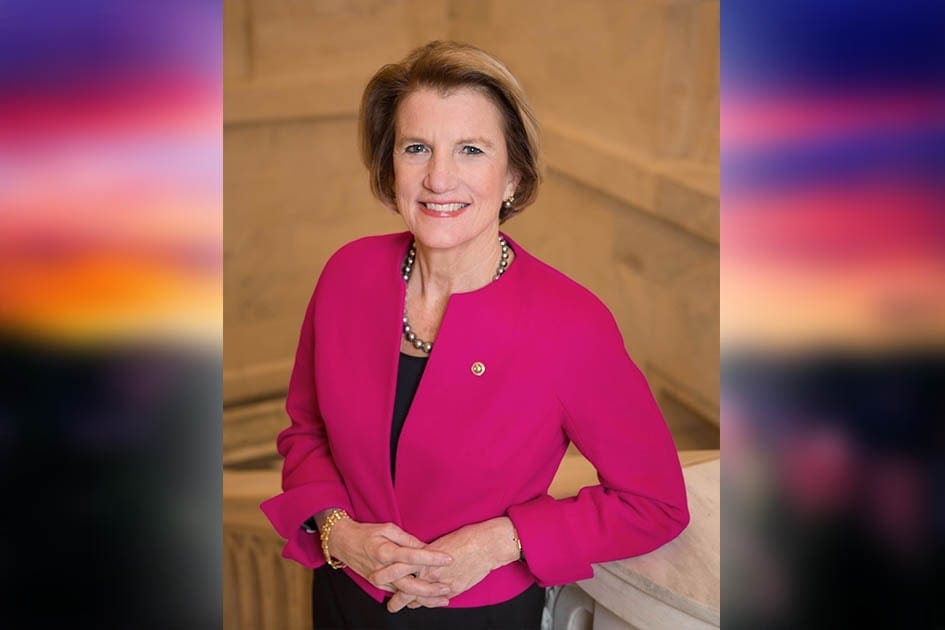WASHINGTON, D.C. – U.S. Senators Shelley Moore Capito (R-W.Va.) and Amy Klobuchar (D-Minn.), both members of the Commerce, Science, and Transportation Committee, today introduced the Every Child Connected Act—legislation that aims to reduce the digital divide between students with and without internet access, known as the Homework Gap. Specifically, the legislation accomplishes this goal by targeting available funding sources from Federal Trade Commission (FTC) data privacy violations to provide vital connectivity to American students at home.
“While improving broadband accessibility in West Virginia and across rural America has always been a top priority, there’s no question that the coronavirus pandemic has underscored the need to address this challenge now more than ever,” Senator Capito said. “With schools nationwide shifting to digital learning, students and teachers rely heavily on the internet to keep up with their assignments and connect with one another. However, the unfortunate reality is that millions of students do not have the same access to these online tools that some of their classmates do, putting them at a significant disadvantage. The Every Child Connected Act aims to address this problem by redefining the classroom to include learning from home; redirecting funding to make telecommunication services more affordable for schools and communities.”
“In order to help close the homework gap and ensure that we connect every child to critical internet services, we must have the funding to do so,” Senator Klobuchar said. “Our bipartisan legislation will help us get one step closer to closing the digital divide by expanding the Federal Communications Commission’s E-rate program to ensure that we can connect K-12 students at home to participate in distance learning.”
In an effort to slow the spread of COVID-19, schools across the country have closed or reduced in-person learning, forcing students to turn to the internet to complete their education. According to the Department of Education’s most recent data, 14 percent of children ages 3-18—approximately 9.4 million total—do not have internet access at home, putting them at significant risk of falling behind academically.
The Every Child Connected Act would:
- Requires the Federal Communications Commission (FCC) to redefine the term classroom to include distance learning occurring at the home.
- Redirects funding captured by Section 5 of the FTC act and consent orders from privacy violations at the FTC to the FCC E-Rate program.
- Requires coordination among state and local municipalities and the Department of Education to assure E-Rate is utilized for distance learning taking place at the home.
To view full bill text, click here.
To view a one-pager on the legislation, click here.













